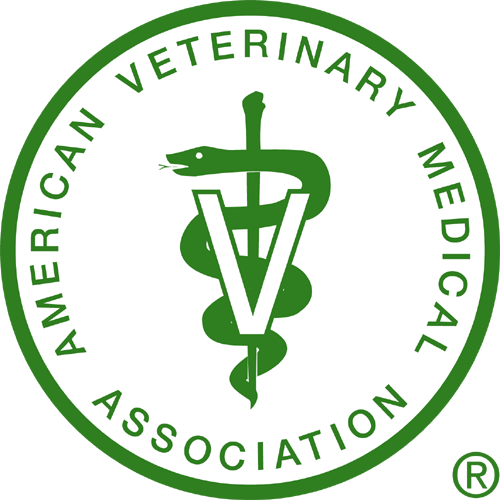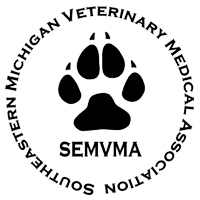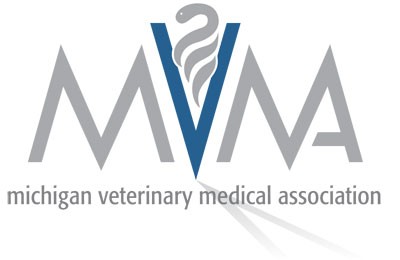Highly Skilled Veterinary Surgery Team
Our highly skilled veterinary team is experienced in the most common surgical procedures as well as some of the less-common surgeries. We perform spays and neuters, elective surgeries, foreign-object and tumor removal, abdominal surgeries, thoracic surgeries, dental surgeries and many ophthalmic surgeries, all under the safest possible anesthetic and with the utmost attention to patient monitoring. After each surgical procedure, surgery patients are placed in our ICU, where they are monitored by a veterinary technician, and within easy reach of our veterinarians. We strive to make our patients and their families as comfortable as possible, from your pre-surgical consultation to your pet's dismissal and aftercare. We're with you every step of the way, applying our commitment and expertise to ensure a safe procedure and a speedy recovery.
Our surgeries include the following:
- Blood work to minimize anesthetic risks
- State-of-the-art equipment to monitor your cat's heart, lungs, oxygen saturation levels, and blood pressure
- Warmed circulating-water blankets to control body temperature during surgery and heated recovery cages for post-surgical care.
- Fluids to help maintain hydration and blood pressure during surgery
- Pain management before, during, and after your pet's surgery
- A surgical technician to monitor your pet throughout his or her surgical process, from placing him or her under anesthesia, through the surgical procedure, and during his or her recovery from anesthesia
- Recovery from surgery in our comfortable, quiet ICU, monitored by our veterinary technicians and our veterinarians
- The veterinarian or the veterinary surgical technician will call you with an update once your pet has recovered from anesthesia
Important Information for Your Pet's Surgery
- No food after midnight the day before the surgery.
- It is okay to leave water out for your pet prior to surgery.
- Admittance time will be scheduled for the morning of the surgery. Most surgeries will be performed between 12-3pm daily. If there is a change from this schedule, we will notify you.
- Please notify us of any medications given 24 hours prior to surgery.
- Depending on the type of surgery your pet is receiving, he or she may be required to spend one night with us for further monitoring of his or her recovery. Your veterinarian will discuss this prior to your surgical visit.
What You Need to Know Before Your Cat's Upcoming Surgery
Many people have questions about various aspects of their cat's surgery, and we hope this information will help. It also explains the decisions you will need to make before your pet's upcoming surgery.
|
Is the anesthetic safe?
Today's modern anesthetic monitors have made surgery much safer than in the past. Here at Exclusively Cats, we do a thorough physical exam on your pet before administering anesthetics, to ensure that a fever or other illness won't be a problem. We also adjust the amount and type of anesthetic used depending on the health of your pet.
Preanesthetic blood testing is important in reducing the risk of anesthesia. Every pet needs blood testing before surgery to ensure that the liver and kidneys can handle the anesthetic. Even apparently healthy animals can have serious organ system problems that cannot be detected without blood testing. If there is a problem, it is much better to find it before it causes anesthetic or surgical complications. Cats that have minor dysfunction will handle the anesthetic better if they receive IV fluids during surgery. If serious problems are detected, surgery can be postponed until the problem is corrected.
For geriatric or ill pets, additional blood tests, electrocardiograms, or x-rays may be required before surgery as well.
It is important that surgery be done on an empty stomach to reduce the risk of vomiting during and after anesthesia. You will need to withhold food. We recommend no food after midnight before the surgery. Water can be left down for your cat.
|
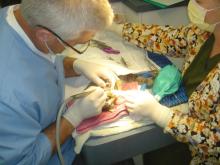
|
|
Will my pet have stitches?
For many surgeries, we use absorbable sutures underneath the skin. These will dissolve on their own, and do not need to be removed later. Some surgeries, especially tumor removals, do require skin stitches. With either type of suture, you will need to keep an eye on the incision for swelling or discharge. Most cats do not lick excessively or chew at the incision, but this is an occasional problem you will also need to watch for. If there are skin sutures, these will usually be removed 10 to 14 days after surgery. You will also need to limit your pet's activity level for a time.
|
|
|
Will my pet be in pain?
Anything that causes pain in people can be expected to cause pain in animals. Pets may not show the same symptoms of pain as people do; they usually don't whine or cry, but you can be sure they feel it. Pain medications needed will depend on the surgery performed. Major procedures require more pain relief than things like minor lacerations.
For some, we may recommend an oral anti-inflammatory the day after surgery and several days after to lessen the risk of discomfort and swelling. We use newer medications, which are less likely to cause stomach upset and can be given even the morning of surgery. Recent advances in pain medications have allowed for better pain control in cats than ever before. Pain medication is incorporated into our pre-anesthetic medication protocol. After surgery, pain medication is given on a case by case basis. Any animal that appears painful will receive additional pain medication.
We use Duragesic (Fentanyl) pain patches for certain painful procedures and for invasive abdominal surgeries. The cost will depend on the size of your cat. While under anesthesia, a transdermal Duragesic patch will be applied to your cat's skin. A 2 by 2-inch patch of fur will be shaved off of one side and the patch pressed into place. Once applied, a small amount of the drug (Fentanyl) is constantly absorbed into the blood circulation, resulting in prolonged effective analgesics. The duration of the analgesia is effective up to 5 days, and at that time we recommend proper removal. If a pain patch is the pain management option chosen for your cat, we will send you home with further information on appropriate removal and disposal of the patch.
|
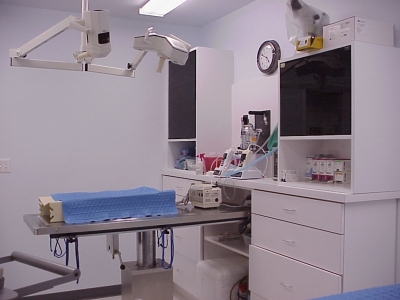
|
|
What other decisions do I need to make?
While your pet is under anesthesia, it is the ideal time to perform other minor procedures, such as ear cleaning, or implanting an identification microchip. If you would like an estimate for these extra services, call ahead of time. This is especially important if the person dropping the pet off for surgery is not the primary decision maker for the pet's care.
When you bring your pet in for surgery, we will need to 5 to 10 minutes of time to fill out paperwork and ask you some questions about their current diet and medications. When you pick up your pet after surgery you can also plan to spend about 10 minutes to go over your pet's home care needs.
We will call you the day before your cat's scheduled surgery appointment to confirm the time you will be dropping your pet off and to answer any questions you might have. In the meantime, please don't hesitate to call us with any questions about your cat's health or surgery.
|
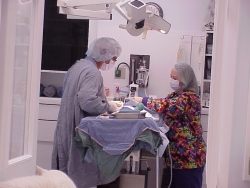
|
|





